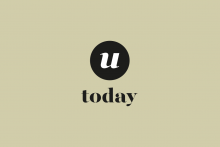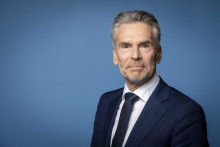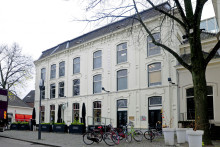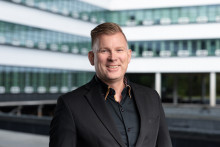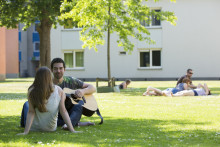Jacques Noordermeer, professor of rubber technology at the faculty of Science and Technology, was awarded a Gold Medal by the International Rubber Conference Organization (IRCO). He will accept the award at their next conference, on May 17 in Lyon, France.
The IRCO, which represents all professional organizations for rubber technology in the world, awards the medal only as the occasion arises, to someone who has made a contribution to the field of rubber technology. Noordermeer, connected to the faculty of Science and Technology and UT institute Impact, is an internationally acclaimed specialist in the field of rubber technology. He was nominated to receive the award by the Rubber Division of the American Chemical Society. The American nomination adds lustre to the decoration. Noordermeer: `Our work has been noticed internationally, partly because of our publications. I think it is a great award. This is the highest international award in the field I could imagine.'
The Noordermeer group is the only one of its kind in the Netherlands. Fewer and fewer research groups in the western world concentrate on rubber technology, Noordermeer explains. Most of his colleagues are in India, China and Japan. `I see this award as a reward for our guts and courage to focus solely on rubber technology, because we really need guts in our field. Rubber technology is often considered the supposititious child, as if we're just playing around.'
Noordermeer and his people work on tire materials. `We are constantly searching for the optimum of rolling resistance, slipping resistance and wear resistance. The three criteria conflict with each other. Also, the optimum changes depending on the expected use. There is a major difference between tires for a tractor, a bicycle and a car.' Over the past few years, the research has concentrated on so-called `green tires,' first introduced by tire manufacturer Michelin. `They have a thirty percent lower rolling resistance at an equal slipping and wear resistance and deliver a fuel reduction of five percent. That offers many possibilities for future research.'
Trans. Jeroen Latour


